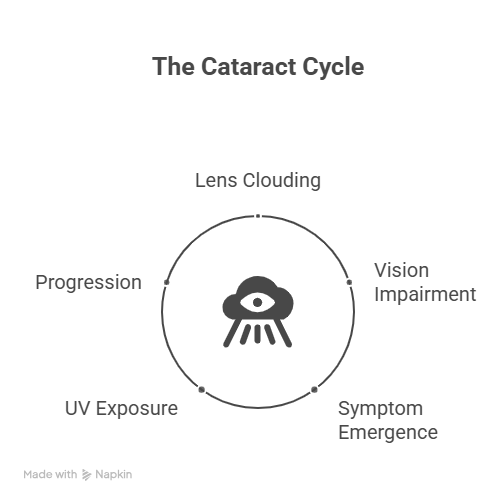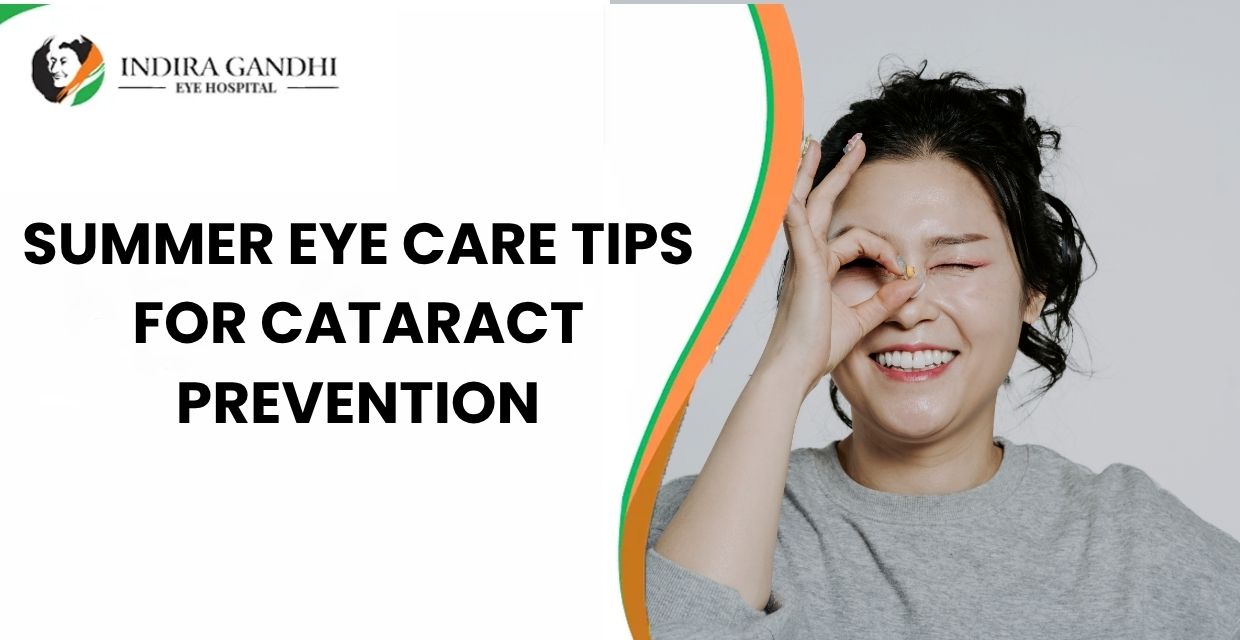|
Getting your Trinity Audio player ready...
|
As the days grow longer, the sun shines brighter, and the allure of outdoor adventures calls, our thoughts naturally turn to summer. We plan vacations, stock up on sunscreen, and prepare for those glorious warm months. But have you ever stopped to consider how these vibrant summer conditions impact your precious eyes, especially when it comes to long-term health and the prevention of conditions like cataracts?
If the idea of Summer Eye Care Tips sounds like a smart move to you, you’re absolutely on the right track! It’s easy to overlook our eyes amidst all the summer fun, but the truth is, this season brings unique challenges that can significantly affect their well-being. Today, we’re going to dive deep into how you can protect your vision, specifically focusing on Summer Eye Care Tips for cataract prevention, ensuring your eyes stay healthy and vibrant for years to come. At Indira Gandhi Eye Hospitals, we believe that informed choices lead to lasting eye health, and we’re here to empower you with all the knowledge you need.
Understanding Cataracts: A Clear Look at Clouded Vision

Before we discuss how Summer Eye Care Tips can help, let’s briefly understand what cataracts are. Imagine looking through a cloudy or frosted window – that’s somewhat akin to how the world appears to someone with a cataract. A cataract is a clouding of the eye’s natural lens, which lies behind the iris and pupil. This lens works much like a camera lens, focusing light onto the retina at the back of the eye, allowing us to see clear, sharp images. When the lens becomes cloudy, light cannot pass through it clearly, leading to blurry vision.
Most cataracts develop slowly and don’t disturb your eyesight early on. But with time, they inevitably interfere with your vision, making daily tasks challenging. Common symptoms include:
- Cloudy, blurry, or dim vision
- Increasing difficulty with night vision
- Sensitivity to light and glare
- Seeing “halos” around lights
- Fading or yellowing of colors
- Frequent changes in eyeglass or contact lens prescription
While cataracts are a natural part of aging, developing them usually after the age of 60, certain factors can accelerate their formation, making them appear earlier or progress faster. And this is where our Summer Eye Care Tips become critically important, as environmental factors, particularly prolonged exposure to ultraviolet (UV) radiation, play a significant role.
Summer Eye Care Tips for Cataract Prevention
Protect your eyes from harsh UV rays and learn essential summer tips to reduce cataract risk. Early care makes a difference!
Book an Eye Check-Up

